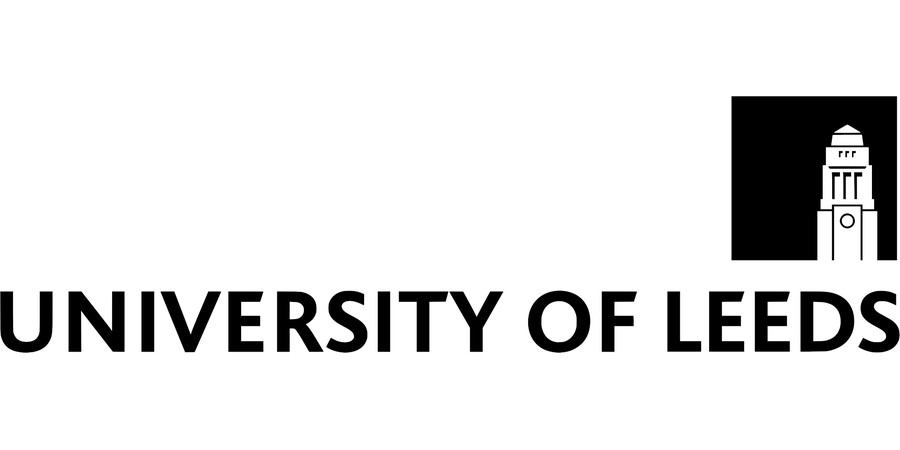PhD Studentship: High-throughput discovery of lysine-directed probes for protein kinases
University of Leeds - Faculty of Engineering and Physical Sciences
| Qualification Type: | PhD |
|---|---|
| Location: | Leeds |
| Funding for: | UK Students |
| Funding amount: | full academic fees, together with a tax-free maintenance grant at the standard UKRI rate (£19,237 in academic session 2024/25) for 3.5 years |
| Hours: | Full Time |
| Placed On: | 4th November 2024 |
|---|---|
| Closes: | 10th January 2025 |
School/Faculty: Chemistry
Closing Date: 10 January 2025
Eligibility: UK Only
Funding:
School of Chemistry Studentship, in support of the EPSRC Research Grant APP5370: A general chemical approach to lysine-directed probes for protein kinases, providing the award of full academic fees, together with a tax-free maintenance grant at the standard UKRI rate (£19,237 in academic session 2024/25) for 3.5 years.
Lead Supervisor’s full name & email address
Professor Adam Nelson: a.s.nelson@leeds.ac.uk
Co-supervisors' full names & email addresses
Dr Megan Wright: m.h.wright@leeds.ac.uk
Professor Richard Bayliss: r.w.bayliss@leeds.ac.uk
Project summary
The resurgence of covalent drug discovery has yielded FDA-approved drugs in therapeutic areas as diverse as cancer, virology and sickle cell anaemia. Irreversible inhibitors usually target a nucleophilic cysteine, a strategy whose success relies on the presence of a suitable residue that is not susceptible to mutation. In the case of the protein kinases, the conserved lysine residue that is intimately involved in phosphotransfer provides a major and undertapped opportunity for the discovery of new drugs and chemical probes.
In this project, we will harness a high-throughput approach to discover covalent probes that target the conserved lysine in protein kinases. The student will develop plate-based chemistry in which pairs of building blocks will be combined to yield diverse probe sets. The probe sets will be exploited to discover novel covalent modifiers of specific protein kinases. The student will harness a chemical proteomic approach to profile the proteome-wide reactivity of the discovered probes; and exploit biochemical and structural biology approaches to characterise their mechanism of action.
The studentship will take advantage of the outstanding research environment of the Astbury Centre for Structural Molecular Biology, including cutting-edge structural biology and chemical proteomics capabilities.
The specific objectives of the project will be:
- To develop high-throughput chemistry to enable the synthesis of diverse lysine-directed kinase probes
- To harness high-throughput experimentation to discover novel covalent modifiers of specific protein kinases
- To characterise the mechanism of discovered probes using chemical proteomic, biochemical and structural biology approaches.
Please state your entry requirements plus any necessary or desired background
A first class or an upper second class British Bachelors Honours degree (or equivalent) in an appropriate discipline.
Subject Area: Biochemistry, organic chemistry, synthetic chemistry
Keywords: Chemical biology, structural biology, biochemistry, organic synthesis
Advert information
Type / Role:
Subject Area(s):
Location(s):









